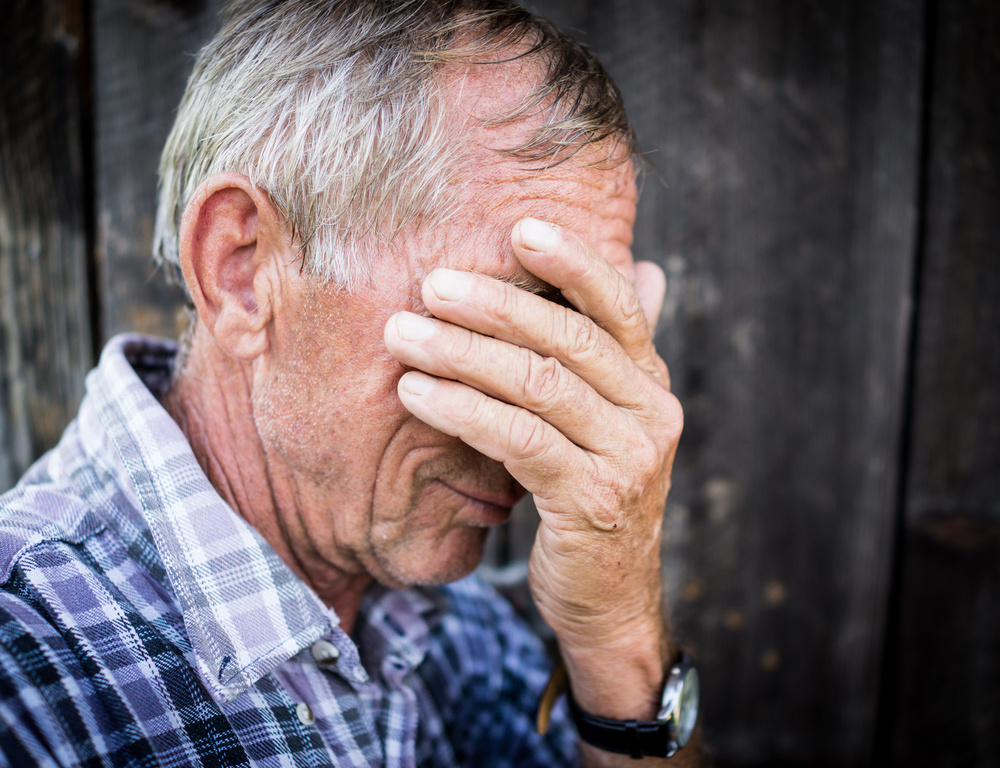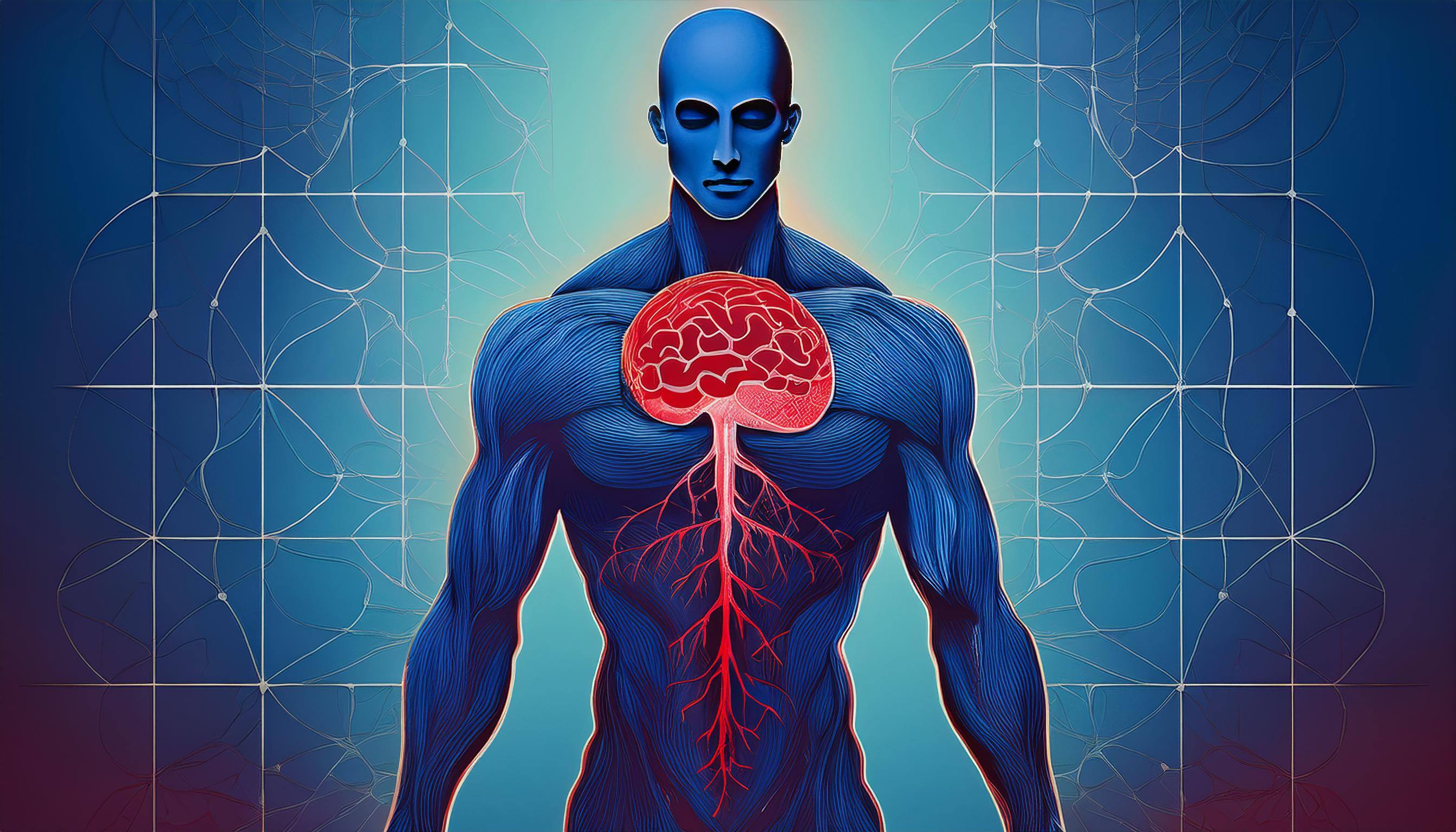
What is Low Mood (Depression)
The diagnosis of depression is done by other professionals. I prefer to use the term 'Low Mood' because of the stigma in todays society around mental health. For ease of reading however we will still refer to low mood as depression.
Depression is a common and serious mental health condition characterized by persistent feelings of sadness, hopelessness, and a lack of interest or pleasure in activities. It can affect how a person thinks, feels, and handles daily activities.
Symptoms may include changes in sleep, appetite, energy level, concentration, daily behavior, or self-esteem. Depression is treatable through therapy, medication, lifestyle changes, or a combination of these.
If you or someone you know is struggling with depression, it's important to seek professional help.
How it affects our bodies
Depression can have significant physical effects on the body. It may lead to chronic fatigue, changes in appetite and weight, sleep disturbances, and increased pain sensitivity. Additionally, depression can weaken the immune system, making individuals more susceptible to illnesses.


So how can hypnotherpay help?
Hypnotherapy can help with depression by addressing underlying issues and promoting positive changes in thought patterns. It can aid in reducing stress, improving sleep, and enhancing overall well-being. By accessing the subconscious mind, hypnotherapy may help individuals reframe negative thoughts and develop healthier coping mechanisms. However, it should be used as a complementary treatment alongside traditional therapies and under the guidance of a qualified professional.
